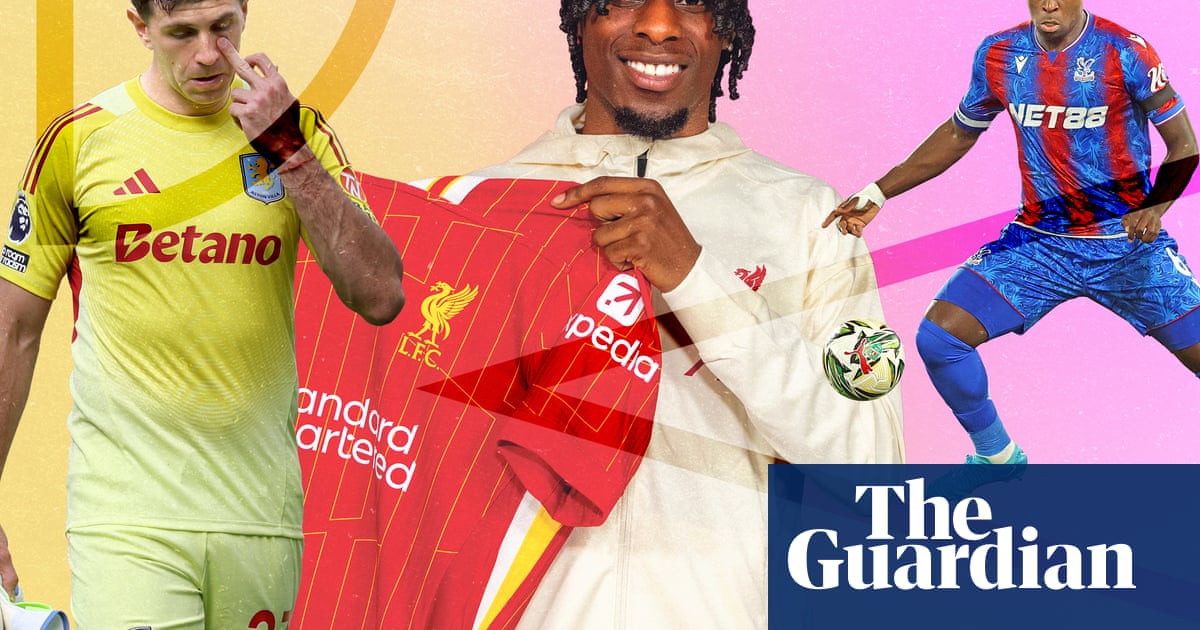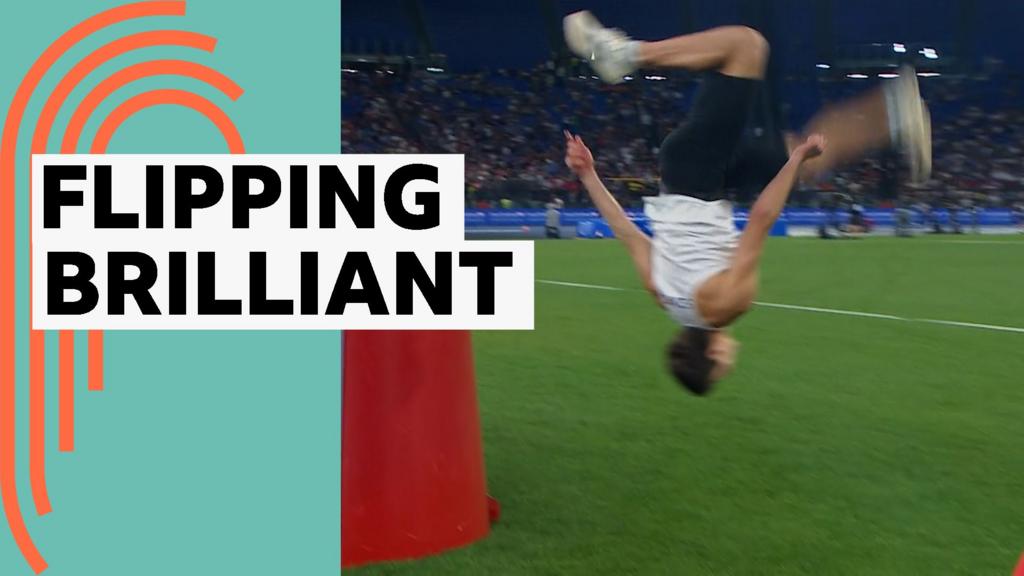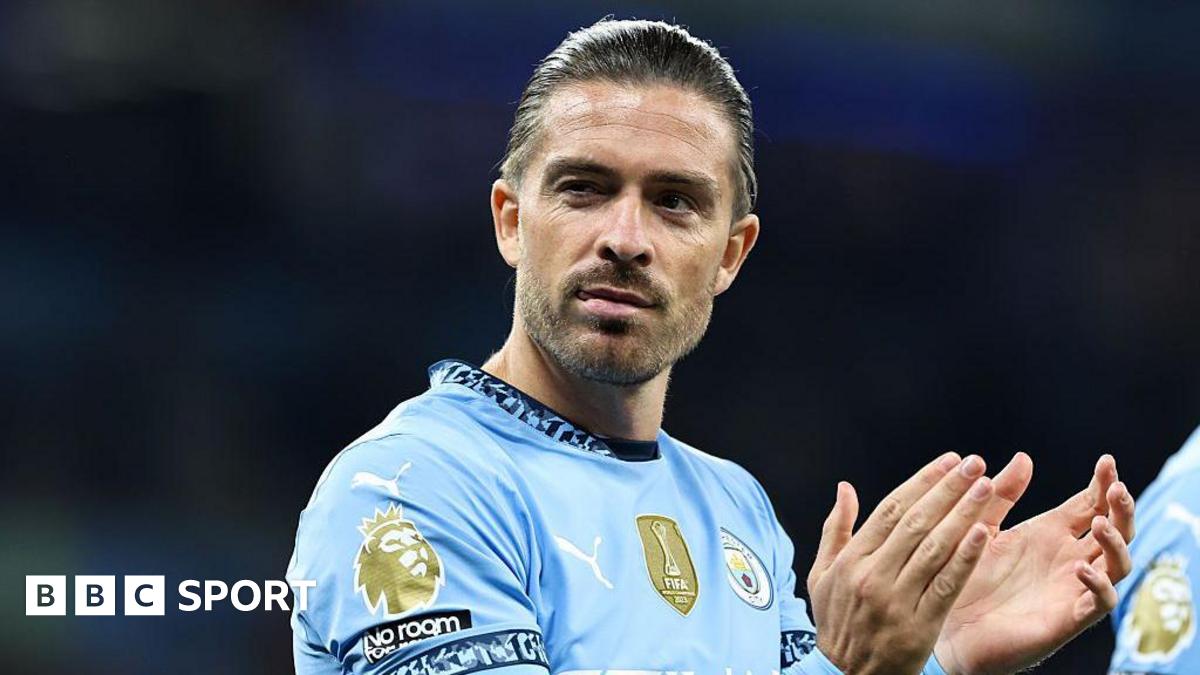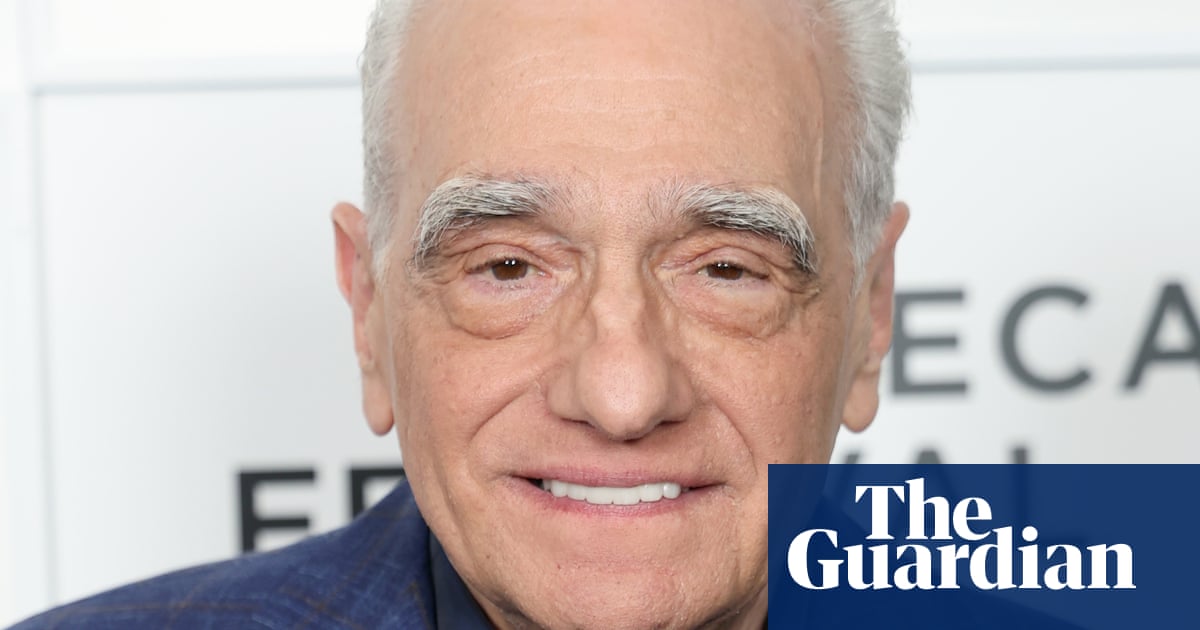World Cup qualifier: Belgium v Wales
Venue: King Baudouin Stadium, Brussels Date: Monday, 9 June Kick off: 19:45 BST
Coverage: Live on BBC One, S4C, iPlayer, BBC Radio Wales and Radio Cymru, the BBC Sport website and app, plus live text commentary.
Kevin De Bruyne once said he was "bored" of facing Wales, such was the regularity of their games against Belgium.
The Manchester City midfielder made the comment in 2022 as Belgium were preparing to take on Wales for the ninth time in 10 years.
Tongue in cheek as the quip perhaps seemed, De Bruyne might have added that these meetings also carry a sense of dread for Belgians.
Despite Belgium's lofty world ranking and galaxy of stellar talents, at one stage during their decade-long rivalry Wales enjoyed a four-match unbeaten run against their illustrious opponents, including two wins that rank among the greatest in their history.
In 2015, Gareth Bale's goal secured a seismic European Championship qualifying victory in Cardiff which propelled Wales towards their first major tournament for more than half a century.
Then a year later, at Euro 2016 itself, Belgium – among the pre-tournament favourites – were blown away in Lille as Wales stormed to an historic and euphoric 3-1 quarter-final win which took them to stratospheric new heights.
"For me it was one of the greatest games in Welsh football," says Joe Ledley, who played in both victories.
"I don't know what it is, they're just one of those teams. Wales are a bogey team for Belgium."
On Monday night, a decade on from that stirring triumph in Cardiff – a night that changed the course of Welsh football – the two sides renew their rivalry with a World Cup qualifier in Brussels.
Welsh football had known hope before. Now there was expectation.
Wales had not played at a major tournament since the 1958 World Cup but, with world-class players such as Bale and Aaron Ramsey in their prime, there was growing belief that the wait could soon be over.
And after years of hype and hypotheticals about this golden generation, Wales started their qualifying campaign for Euro 2016 in a manner that suggested, this time, this was real.
Unbeaten in their opening five matches, in June 2015 Wales hosted a Belgian side ranked second in the world – and featuring the likes of Eden Hazard, Romelu Lukaku and De Bruyne – having already held them to a goalless draw in Brussels.
"We were going into that game not expected to win, but we worked so hard," says Ledley. "You want to play against the best players in the world and, for me, Belgium was that team.
"Fitness levels were all over the place. A few of our players in the Championship and League One were finished three weeks before. You could see the ones who'd been away on a lads' holiday!"
If preparations were not ideal, Wales hid it well with a ferociously energetic and disciplined display.
Manager Chris Coleman had sprung a surprise with his team selection as he started fringe Swansea City defender Jazz Richards at right-wing-back. Chris Gunter, who usually played there, shifted to the right of a back three for the first time in his international career.
It proved to be an inspired move as together they stifled the threat of that year's Premier League player of the season, Hazard, on Belgium's left.
"The whole defensive unit and team, all our roles and responsibilities were really clear. We had trust in whoever was playing in each position," Gunter recalls.
"The aim before any campaign was to qualify and we always said we needed to start one well and get some momentum, so we had done that. Then it was 'right, if we're serious about this, we have to take points off the best team in the group'.
"It had all the ingredients of a really special football night in Wales. It was a Friday night, there was rain, but it was warm and the atmosphere was incredible."
Wales delivered a performance to match the occasion, as Bale fired past Thibaut Courtois in the first half to send a heaving Cardiff City Stadium into raptures.
Belgium pressed for an equaliser but, inspired by the home crowd's spellbinding, impromptu rendition of the Welsh national anthem, Wales clung on for a heroic victory.
"The belief after that result, you could feel it, not just with us players, but with the fans as well, and you could sense we were on the verge of qualifying," says Ledley.
"Fans play a massive part. I think at Cardiff City Stadium that night they carried us over that finish line."
More than possible, this result made qualification probable.
Even with their team three points clear at the top of the qualifying group, some Wales fans still needed some convincing.
After all, it had been 57 years since Wales had been to a major tournament and that barren period was littered with agonising tales of near misses.
But this time was different.
"There was a real belief inside the changing room and the squad, and maybe for the fans it was more hope and desperation for us to do it," says Gunter.
"I think definitely after that win, everybody really believed."
Victory in Cyprus the following September put Wales in touching distance, only for a goalless draw at home to Israel to delay the celebrations.
Once you have waited 57 years, though, a month does not seem so long. Wales finally sealed qualification in Bosnia-Herzegovina when they suffered their only defeat of the campaign, but had their place in France confirmed by Cyprus' win in Israel.
As the rain poured down in Zenica, Wales had their moment of catharsis, released from the shackles of their history, dreaming of the golden summer to come.
To be Welsh in France during Euro 2016 was to live a dreamlike existence.
Simply seeing the country play at a major tournament was enough for many. The opening win over Slovakia in Bordeaux was glorious, and the dismantling of Russia in Toulouse brought joy that few thought was possible.
After those group-stage victories and a tense second-round triumph over Northern Ireland, they were reunited with Belgium for a quarter-final in Lille.
"Euro 2016 is still seen as the major opportunity for the golden generation to win a trophy," says Bart Lagae, a journalist for Belgian newspaper De Standaard.
"They should have gone through and beaten Wales, probably beaten Portugal [the eventual champions]. Most feelings Belgians have about Wales are based on that night in Lille."
Among the pre-tournament favourites, Belgium thought they were about to rid themselves of their nuisance opponents when Radja Nainggolan put them in front with a stunning long-range strike.
"I think the reason we started a bit slowly is because a lot of us were probably still hungover from the Northern Ireland game," Ledley jokes.
"Maybe the pressure and the hype got to us. But once we conceded, you could see the pressure release and then we just came out of our shells and absolutely destroyed them."
Ashley Williams headed Wales level shortly before half-time, haring over to celebrate with his team-mates and coaches on the bench so quickly that he clocked his fastest running speed of the tournament.
This was no fluke, though. Wales missed several chances to take the lead before Hal Robson-Kanu, without a club having been released by Reading, scored a goal to rank among the finest in European Championship history, bamboozling Belgian defenders with a Cruyff turn and finishing with a flourish.
In the 85th minute, Gunter received the ball on the right wing. Manager Chris Coleman was on the opposite touchline, screaming – with some amusingly industrial language, a documentary later revealed – for the wing-back to take the ball to the corner to waste time.
Gunter, a pragmatic defender by nature, could not hear those instructions, and it was just as well because he delivered the cross of his life for Sam Vokes to head in Wales' third goal.
"For sure, that was my best cross," Gunter says with a bashful smile. "There weren't many other good ones!
"It's funny, even now when you bump into different people from Wales, the more the years go by, the more I've heard it [Coleman's quote].
"He was spot on to tell me not to cross it. If that happened another 100 times, it's definitely not going on Vokesy's head. It was just meant to be."
Wales were on their way to their first semi-final. That was where their epic journey would end, with defeat by Portugal, but what a ride it was.
Since those landmark Welsh wins, the teams have met four times, with two draws in Wales and two wins for Belgium on home soil.
While Belgium have been widely regarded as underachievers during that period, perhaps unfairly when they finished third at the 2018 World Cup, Wales built on their 2016 success by qualifying for the next European Championships as well as their first World Cup for 64 years.
By now, the teams look very different; only a few players remain from their respective golden eras.
The likes of Bale and Hazard may no longer be around, but both sides have gradually ushered in a new age.
Belgium still boast a squad of enviable depth and quality, with Manchester City's Jeremy Doku among the emerging stars of recent years.
Their evolution has been uncomfortable at times, as Friday night's draw in North Macedonia demonstrated, a result that made it one win in eight games for the Red Devils.
Belgium are six points behind Wales with two games in hand, and Craig Bellamy has made it clear his side will be going all out for victory in Brussels, refusing to sit back and settle for a draw.
"Sometimes when you play a team a lot, it can actually be more challenging because you have a shorter distance of analysis in between matches, and you know each other," says Luke Benstead, Belgium's head analyst under previous managers Roberto Martinez and Domenico Tedesco.
"With the introduction of Craig Bellamy, you see they've gone to another level, and you can see this is the type of coach that is forward-thinking, wants to be on the front foot.
"Belgium also have huge talent, great young players coming through, and I think no team underestimates each other, no matter how much they play, and it'll be a great contest with both teams going for it."
Iffy as their recent form might be, Belgium will still be favourites to win but, as history has shown, that offers no guarantees when they play Wales.
"Most people think Belgium should be able to win the game," says Lagae. "There's still a feeling of Wales as a bit of a bogey team, they certainly seem to make us play worse than we should be able to.
"They obviously had some great players, but it wasn't Gareth Bale that night [in 2016] but Hal Robson-Kanu, an unknown player to most and perhaps all Belgians. I wonder if there will be another Robson-Kanu this time."

 4 hours ago
2
4 hours ago
2










 English (US)
English (US)